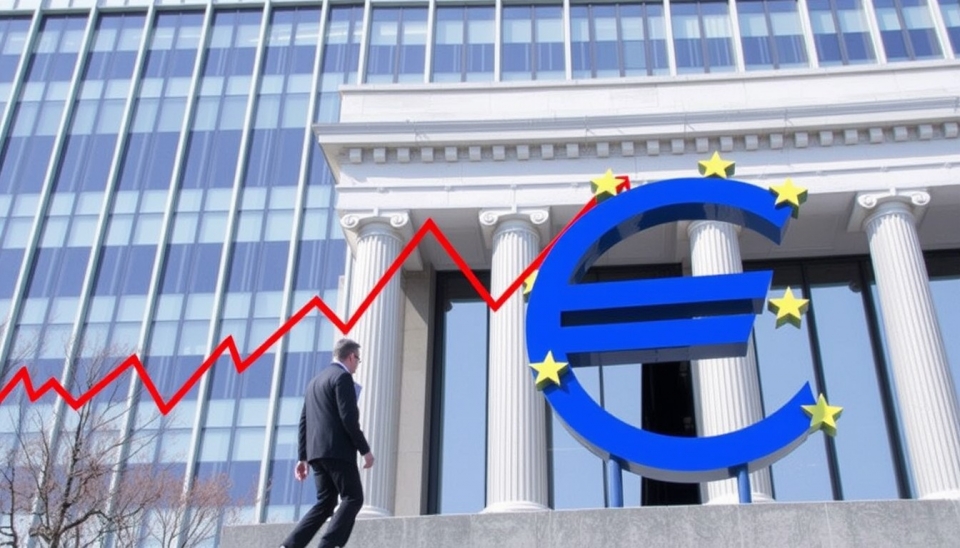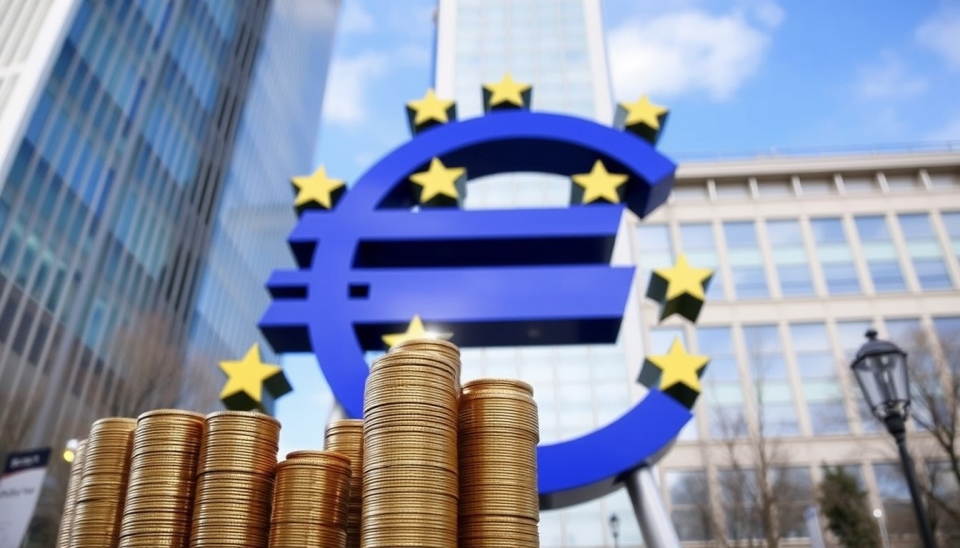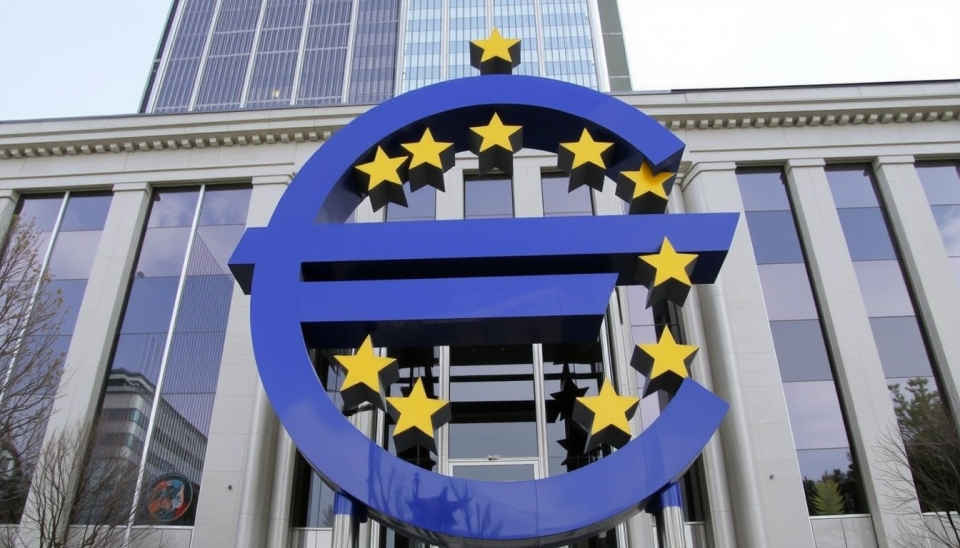Wage Growth Slowdown in Eurozone: What's Wrong with the Economy?

Recent data published by the European Central Bank (ECB) shows a significant slowdown in wage growth across eurozone countries. This metric serves as a crucial indicator of the economic health of the region and is expected to influence the central bank's future policies, including potential interest rate cuts.
According to reports, annual wage growth in the private sector dropped to 3.5% at the end of the second quarter of 2023, down from 4.1% in the previous report. This decline is one of the most significant signs of a shift in economic conditions, with analysts linking it to various factors, including high inflation and uncertainty in energy markets.
Experts express concerns that the slowdown in wage growth might put pressure on consumer spending, which could, in turn, decelerate economic recovery in the region. Observations indicate that reduced income may lead to less active household spending, negatively affecting demand for goods and services.
The impact of these changes may also affect the ECB's decisions regarding interest rates. It is presumed that given the current economic conditions and declining wage growth rates, the central bank might consider lowering rates to stimulate growth and support the economy. However, experts also warn that a sharp rate cut could introduce additional risks to financial stability.
Thus, the deceleration in wage growth becomes not only a macroeconomic signal but also a significant factor influencing monetary policy in the eurozone. The future of the European economy now appears more uncertain, and economists will closely monitor further data to assess potential trends.
#ECB #economy #wages #interestrates #inflation #money #financialstability #eurozone #changes #news




